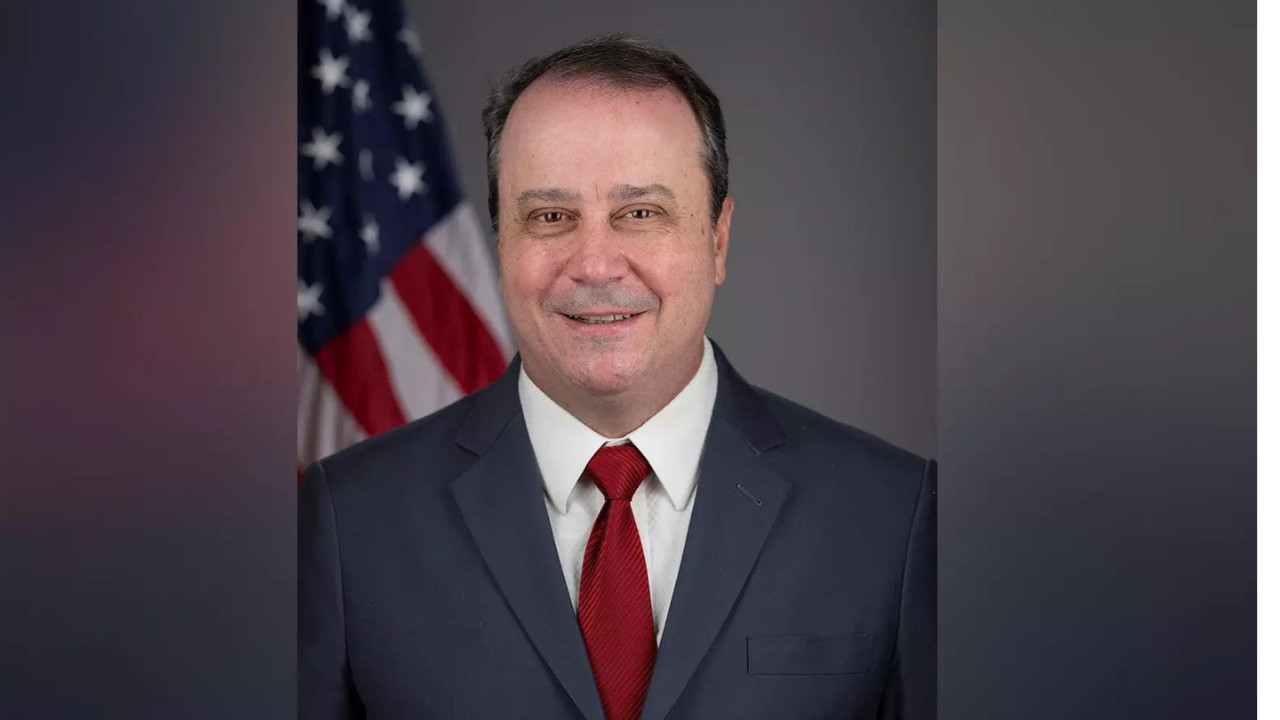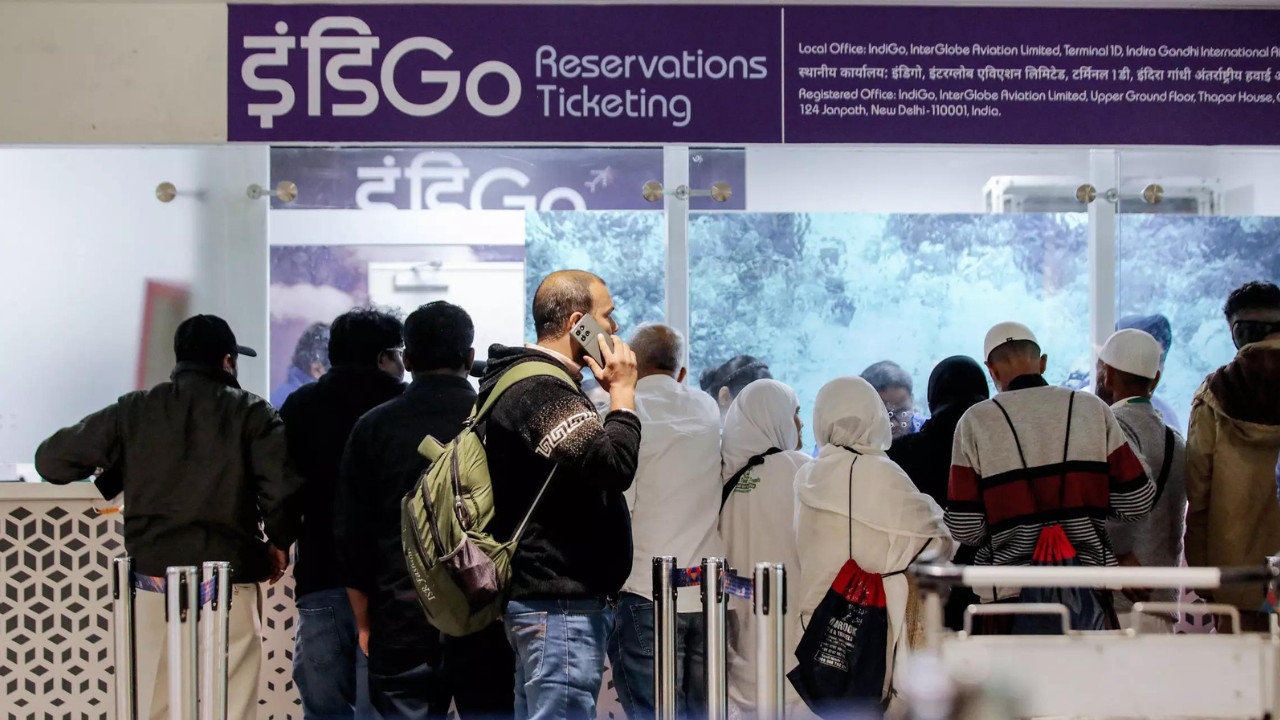Accenture CEO Julie Sweet downplayed H-1B visa concerns, stating only 5% of their US workforce relies on them. The company’s headcount decreased by 11,419 in Q4, part of a business optimization program involving talent rotation and divestitures. Despite this, FY25 revenue rose 7%, with growth across all verticals and geographies, and the operating margin expanded to 15.6%.
Accenture’s Workforce: A Glimpse Beyond the H-1B Headlines
The narrative around tech companies and H-1B visas often paints a picture of overwhelming reliance on foreign workers. But what if that picture wasn’t quite accurate? Recent data emerging from Accenture, a global professional services giant, suggests a more nuanced reality. The numbers reveal that only a small fraction of Accenture’s U.S. workforce actually holds H-1B visas – a mere 5%.
This figure prompts a deeper look at the composition of tech workforces and challenges some long-held assumptions. Is Accenture an outlier, or does this percentage reflect a broader trend within the industry? Furthermore, what implications does this revelation have for immigration policies and the ongoing debate surrounding skilled labor?
Dispelling the H-1B Myth: Accenture’s Story
Accenture’s relatively low H-1B usage in the U.S. might surprise some, particularly given the discussions around visa sponsorships in STEM fields. While the company undoubtedly benefits from the H-1B program, its overall workforce strategy clearly relies on a more diverse talent pool. This strategy could involve a focus on recruiting and training American workers, investing in automation, or leveraging global talent in other ways that don’t necessitate an H-1B visa.
The company has publicly demonstrated a commitment to workforce development and upskilling initiatives, showing a dedication to investing in its current employees and training them to meet the changing demands of the tech landscape. This approach can reduce the reliance on external hires, including those requiring visa sponsorship.

It’s essential to While the 5% figure is intriguing, it’s crucial to understand what lies behind that number. It does not imply that Accenture isn’t hiring talent. Rather, it highlights a possible combination of factors. Accenture could be making great strides to cultivate domestic skills, and may simply be more efficient and successful at hiring U.S. workers.
What does this tell us about the tech industry as a whole? Accenture is a multinational corporation with clients and operations around the globe. Given the current discussions around skills and talent, perhaps this statistic from Accenture is simply a reflection of a globalized economy and workforce.
The H-1B visa program remains a valuable tool, but it’s clear that companies are exploring multiple avenues to secure the talent they need. This includes robust training programs, partnerships with educational institutions, and a greater focus on attracting and retaining diverse talent within the U.S. workforce. We’ve covered topics on the evolution of the tech job market, and this situation at Accenture adds another valuable facet to the overall discussion. You can read about how companies are prioritizing transferable skills over rigid education requirements in [our piece on the future of work](internal-link-to-related-content).
What Does This Mean for Aspiring Tech Professionals?
For those aspiring to enter the tech industry, this shift underscores the importance of continuous learning and skills development. Whether you’re pursuing a computer science degree or participating in a coding bootcamp, staying ahead of the curve is essential. As companies like Accenture invest in upskilling their existing workforce, aspiring professionals need to demonstrate their commitment to learning and adapting to new technologies.
Furthermore, understanding the nuances of the H-1B visa program is crucial. While securing a visa sponsorship can open doors to opportunities in the U.S., it’s equally important to explore alternative pathways, such as internships, entry-level positions, and networking opportunities.
In conclusion, Accenture’s H-1B visa usage, at least as a percentage of their overall U.S. staff, paints a picture that deviates from the stereotypical image of rampant dependence on foreign labor. This highlights the complex interplay of talent acquisition strategies in the tech sector, the growing focus on domestic workforce development, and the enduring relevance of the H-1B program. As the industry continues to evolve, understanding these nuances is essential for policymakers, companies, and aspiring tech professionals alike.







